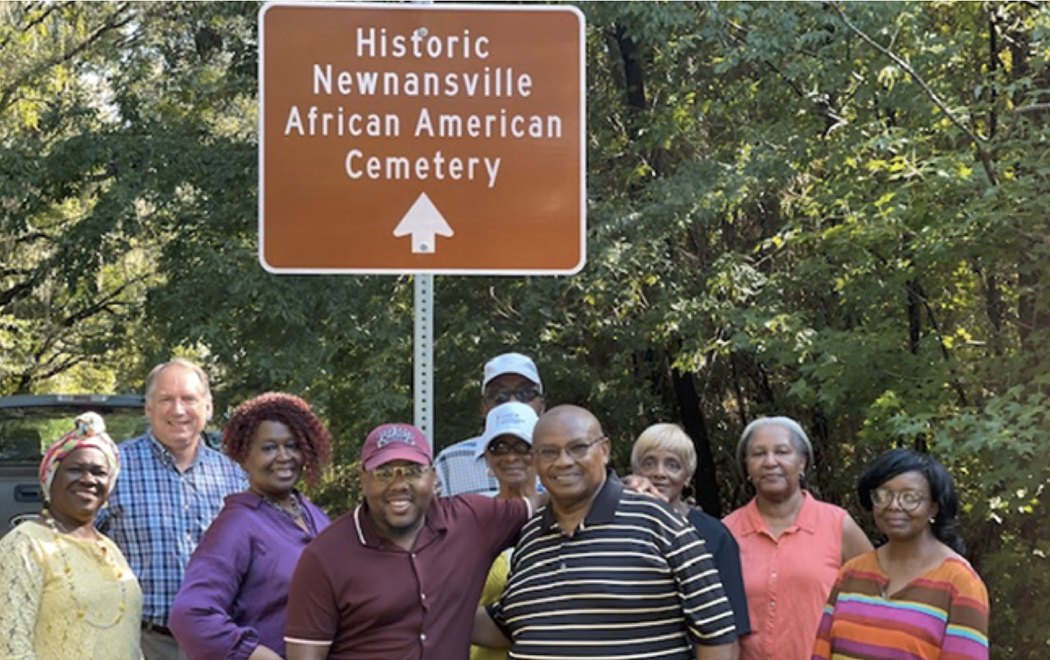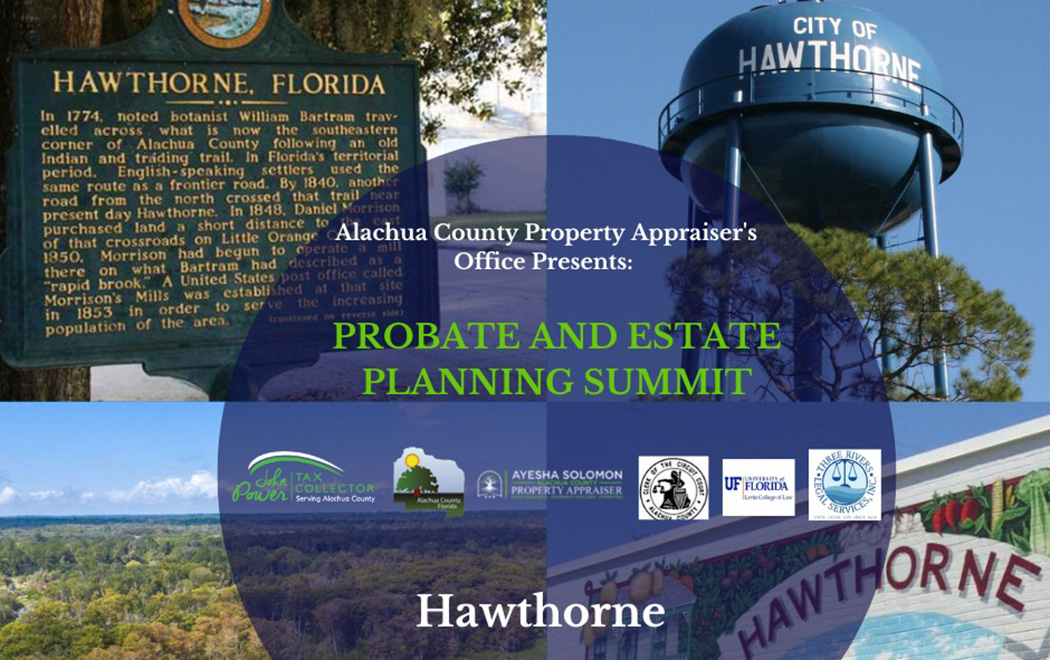LEVY COUNTY ‒ A 61-year-old High Springs resident is in serious condition following a crash at U.S. 27 Alt. at County Road 345. The incident occurred on Tuesday, Sept. 6, at 11:30 a.m.
According to the Florida Highway Patrol, a freightliner box truck driven by the High Springs man was traveling northbound on County Road 345, approaching the intersection of U.S. 27 Alt. The freightliner traveled into the intersection on U.S. 27 Alt. in front of a Buick Sport Utility Vehicle, which was driven by a 71-year-old Bronson man who was traveling northbound on U.S. 27 Alt. The Buick SUV collided with the Freightliner at the intersection.
The driver of the SUV succumbed to his fatal injuries on the scene. It is unknown whether either driver was wearing their seatbelt at the time of the crash.
Another Levy County crash occurred on Saturday, Sept. 3, at 4:40 a.m. At that time a 31-year-old High Springs man was involved in a crash on State Road 24 and Southwest 3rd Street. He was traveling east on State Road 24 when the front of his 2013 BMW collided with the rear of a bicycle.
The bicyclist was traveling east on State Road 24 on a black bicycle. When the BMW collided with the bicycle, the rider, a 63-year-old Gainesville woman, was ejected and came to a final rest on the south shoulder of State Road 24 where she was pronounced deceased on the scene.
The driver and sole occupant of the SUV was not injured in the collision.
The names of the individuals involved in both accidents were not released by the Florida Highway Patrol.
# # #
Email cwalker@
alachuatoday.com
Add a comment




